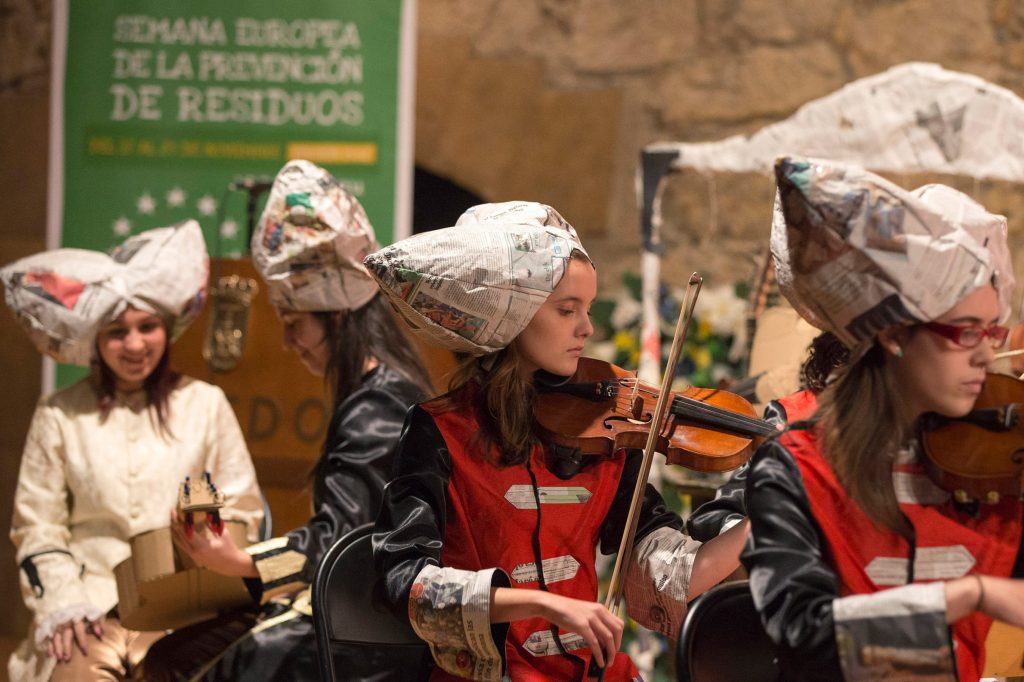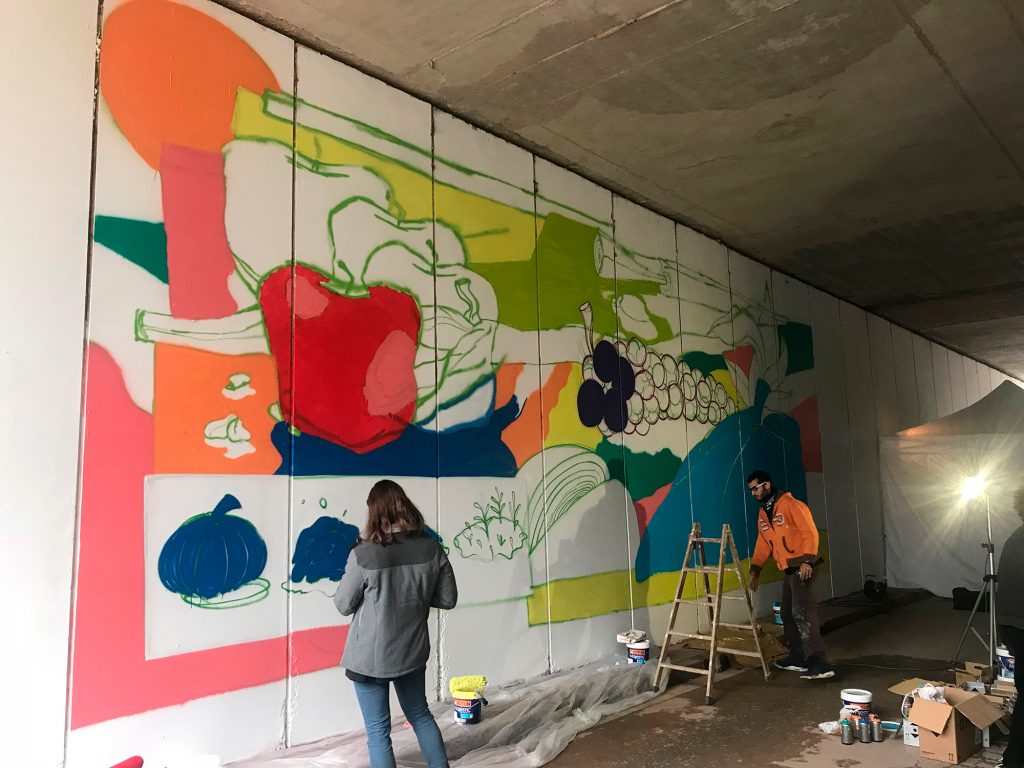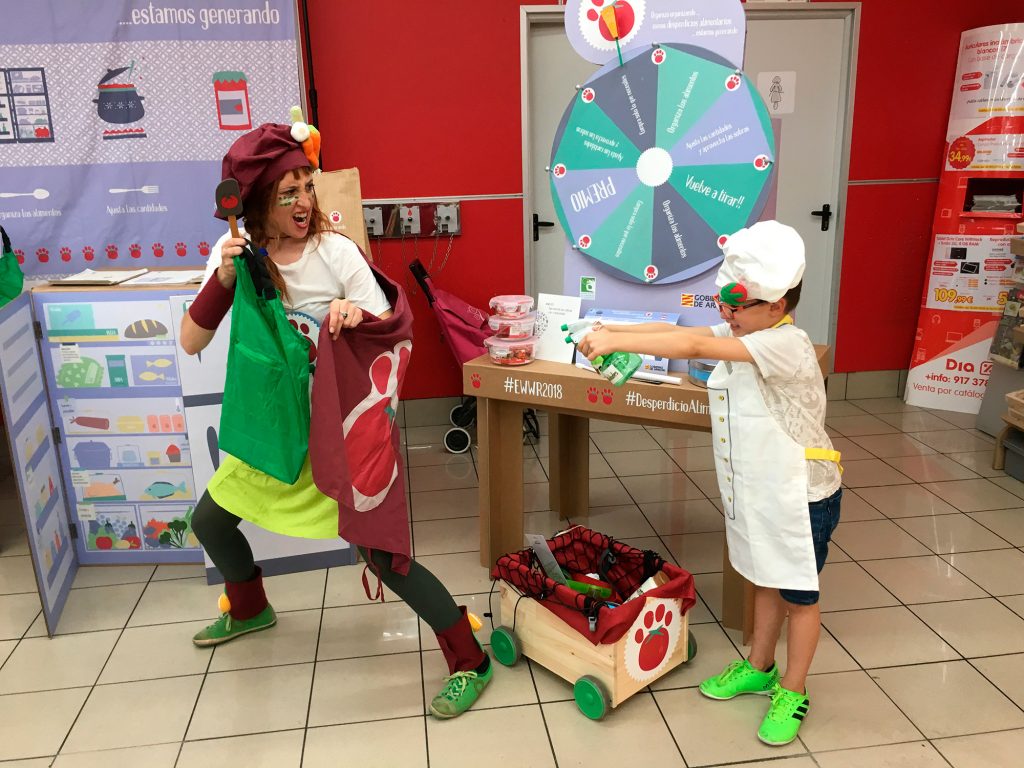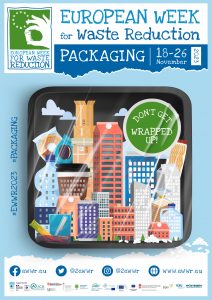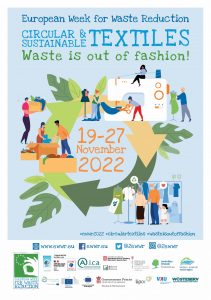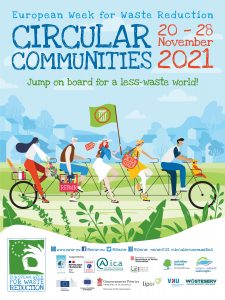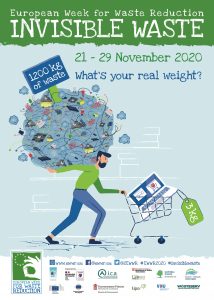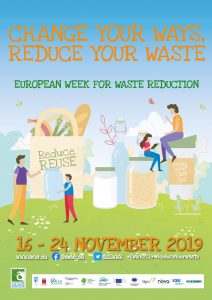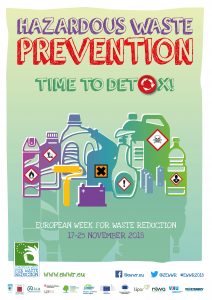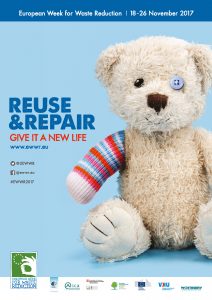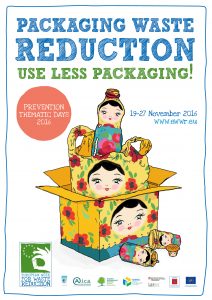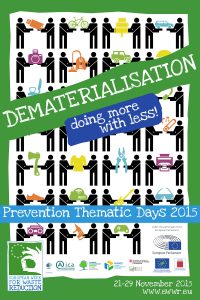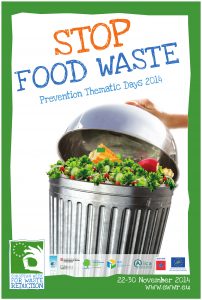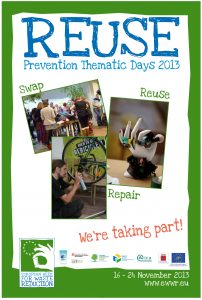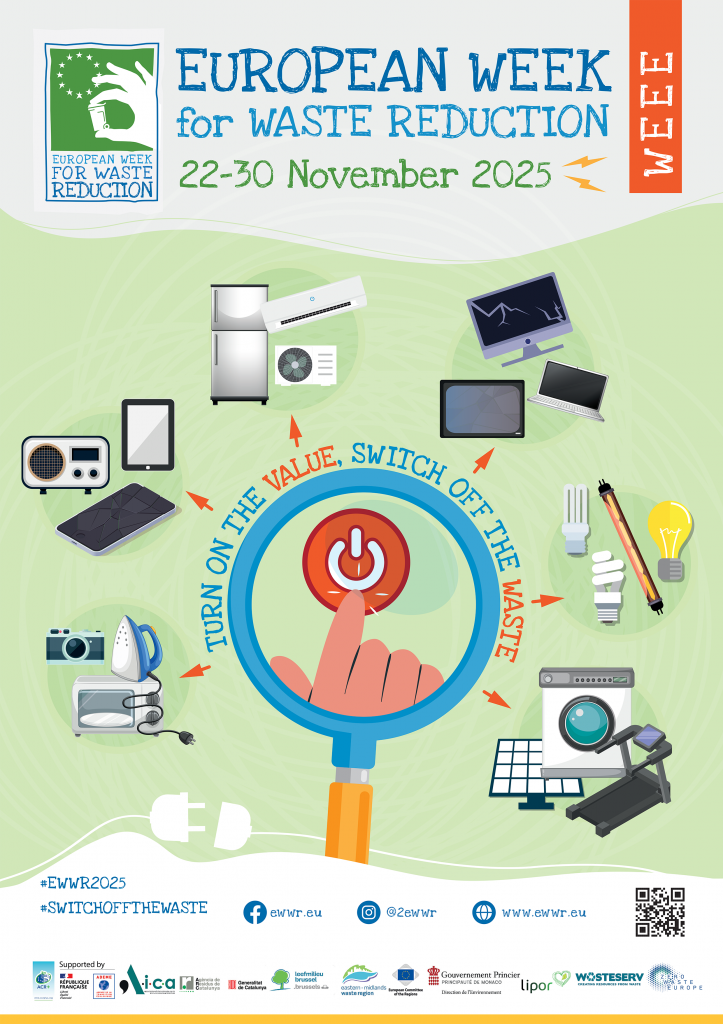Let’s Clean Up Europe
A European Clean-Up!
Every year, millions of tonnes of litter end up in oceans, beaches, forests and elsewhere in nature. The primary causes of this littering issue are our society’s unsustainable production and consumption patterns, poor waste management strategies and a lack of awareness of citizens.
Do you want to be part of the solution?
The Let’s Clean Up Europe (LCUE) campaign is active throughout all European countries.
By implementing clean-up actions, you contribute to solving the littering problem but you also raise awareness about the amount of waste produced, the importance of waste prevention and waste reduction!
Clean-up actions can be communicated under the LCUE flag!
Highlights: The LCUE 2024 collected above 1,000 actions!
From 29th April to 24th November 2024, people from all around Europe collected littering and cleaned up beaches, parks, and streets.
The 11th edition of Let’s Clean Up Europe was characterized by a huge involvement of citizens and associations all over Europe. Above 1,000 clean-up and plogging actions have been organized in order to help actively the environment, collecting littering and recycling it. Citizens, volunteers, and all kind of stakeholders took their part by collecting waste in our priceless Planet. The tangible impact of these actions has been shared on the social networks, where the participants posted their images of enthusiasm and joy in cleaning our Planet.
LCUE is about raising awareness, community, and fun! It is not our litter, but it is our Home, and we need to cherish it all together.
Check out the actions 👇
Correzioni fatte:
The 2025 edition has started!!!
👉 The 2025 edition has officially begun, and once again, it is possible to organize plogging actions (a sport that combines running with collecting abandoned waste) and clean up events all around Europe! Discover how to organize a great plogging initiative and join the campaign!
Registrations are open from April 22nd to November 30th.
👉 Come and join us! Follow us on social media and to get the latest updates and inspiring ideas!
FACEBOOK
INSTAGRAM: @letscleanupeu
X: @LetsCleanUpEU
Linktree
How to organise a clean-up action?
- Identify the problematic place to clean, then get your contacts on board and register your action. If you want to go big you can set up a team and find some support or sponsors.
- Read our LCUE factsheet and Plogging factsheet for more details and ideas.
- Register your action!
- Get more visibility by using our communication tools! You can download them here!
- On the clean-up day it’s time for action! Gather your team and start collecting litter, sorting it as much as possible! Share ideas about the 3Rs: Reduce, Reuse, Recycle.
- Take pictures and videos of the event, share them on social networks (Facebook and Twitter) using the hashtag #cleanup #plogging #letscleanupeurope #cleanupwithlove and send them to serr@envi.info.
Who is coordinating LCUE 2024?
In 2024, the International Association for Environmental Communication in Italy (AICA) acts as a central coordinator for most territories. The contact information is below:
Website IT – Website EN
Facebook: @LCUEofficial
Twitter: @LetsCleanUpEU – @EnviInfo
Contact: serr@envi.info
There are also regional coordinators:
Catalonia | Coordinator: ARC – Agència de Residus de Catalunya
Website
Facebook: @residuscat
Twitter: @residuscat
Contact: Mireia Padros setmanaprevencio.arc@gencat.cat
Please note that this coordinator has a separate registration form, which can be accessed on its website.
Balearic Islands | Coordinator: Environment Ministry of the Balearic Islands Government
Website
Contact: pia@dgqal.caib.es
Greece | Coordinator: HELMEPA – Environmental Awareness Center
Website
Facebook: https://www.facebook.com/Helmepa
Twitter: https://twitter.com/Helmepa
Contact: Eleni Tsolka environment@helmepa.gr
Contact: Zana Vokopola, Executive Director – zvokopola@uri.org.al
 EN (full site)
EN (full site) ITA
ITA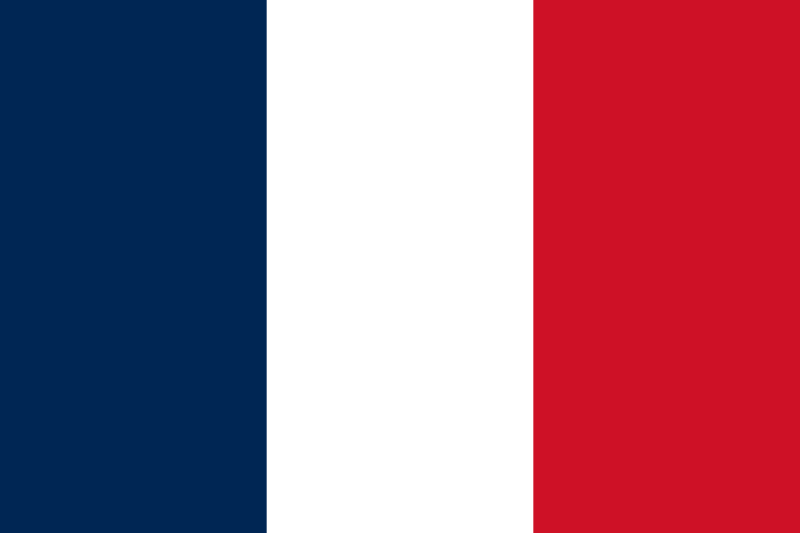 FRA
FRA POR
POR ESP
ESP CAT
CAT DEU
DEU NED
NED HUN
HUN